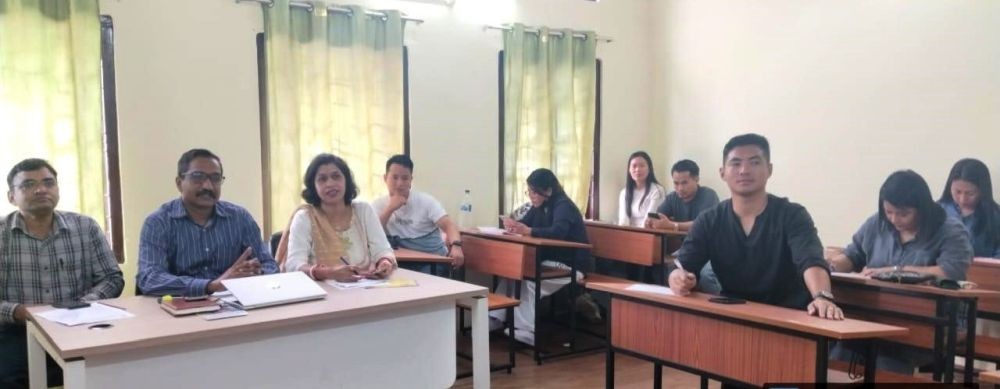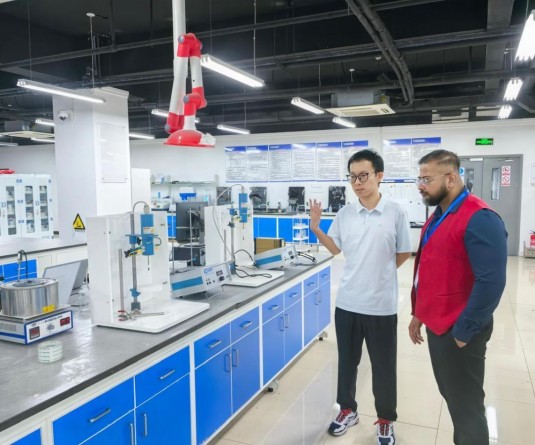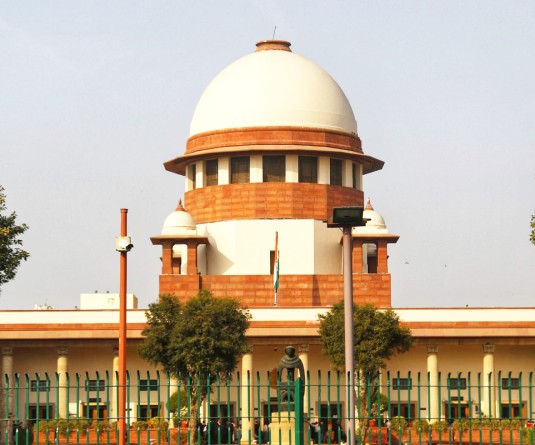Law students and faculty attending the programme organised by Department of Law, Nagaland University, Lumami on June 3.

Lumami, June 5 (MExN): The Department of Law, Nagaland University (NU), Lumami organised an invited talk-cum-sensitization programme and dissemination of information on India’s three new Criminal Laws on June 3 through virtual mode.
The Bharatiya Nyaya Sanhita, the Bharatiya Nagarik Suraksha Sanhita and the Bharatiya Sakshya Adhiniyam will replace the Indian Penal Code (IPC), the Code of Criminal Procedure (CrPC) and the Indian Evidence Act.
A press release from NU stated that one of the resource persons was Prof Ramesh Chandra Borpatra Gohain, former Dean & Head, PG Department of Law, Gauhati University, former Advocate General, Assam as well as Designated Senior Advocate, Guwahati High Court. Prof Gohain analysed the new laws from the perspective of Indian culture. The essence of the new act is that the foundation of any law should come from the people. He highlighted that “criminal justice cannot be made only by depending on these three laws but also called on the justice-delivering mechanisms to be appropriately equipped to address the changing circumstances of crimes.”
Anas Tanwir, Advocate on Record, Supreme Court of India, New Delhi spoke on forensic investigation, electronic mode of trials, enlargement of the concept of medical examination in rape cases and the concept of Zero FIR.
Earlier, in the welcome address, Dr Kuldeep Singh Panwar, HoD, Department of Law, NU said that the new criminal acts have taken into consideration the social needs of the current times. He emphasised that in the changing times, there is a need for the implementation of new laws, reform and its sensitization.
In a short speech, Prof MK Sinha, Dean, School of Social Sciences, NU said that the objective of the new criminal laws is to deliver justice with efficiency and transparency.
Prof JK Patnaik, Vice-Chancellor, NU stated that the new laws are a renewed look into the outdated legal texts. He emphasised the need for a strong legal framework that can cope with the 21st Century challenges, where the security of the State and citizens has gone beyond physical spheres alone. He said it was essential to incorporate the use of technology into the day-to-day delivery of justice.
The Q&A session was moderated by Dr Rishikesh Singh Faujdar, Asst Professor, Department of Law, NU.






